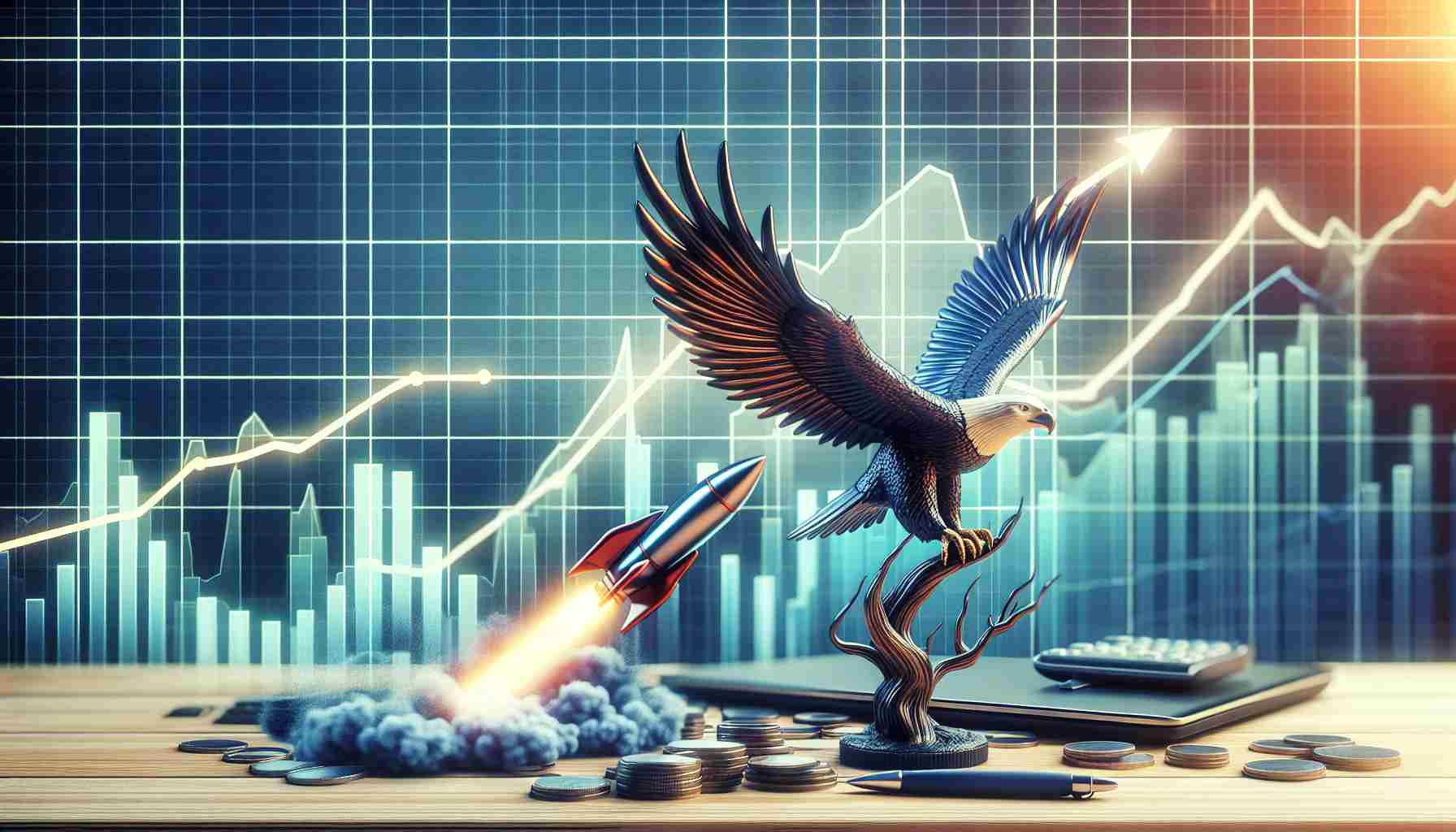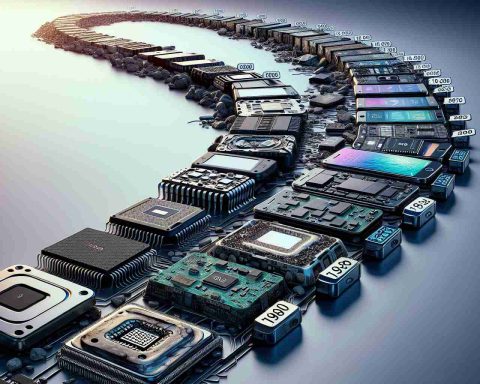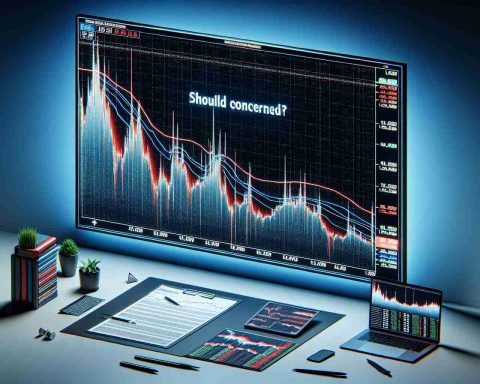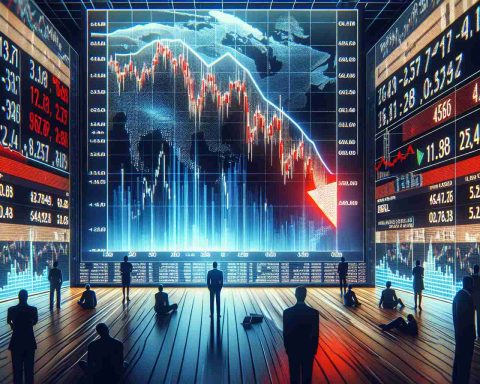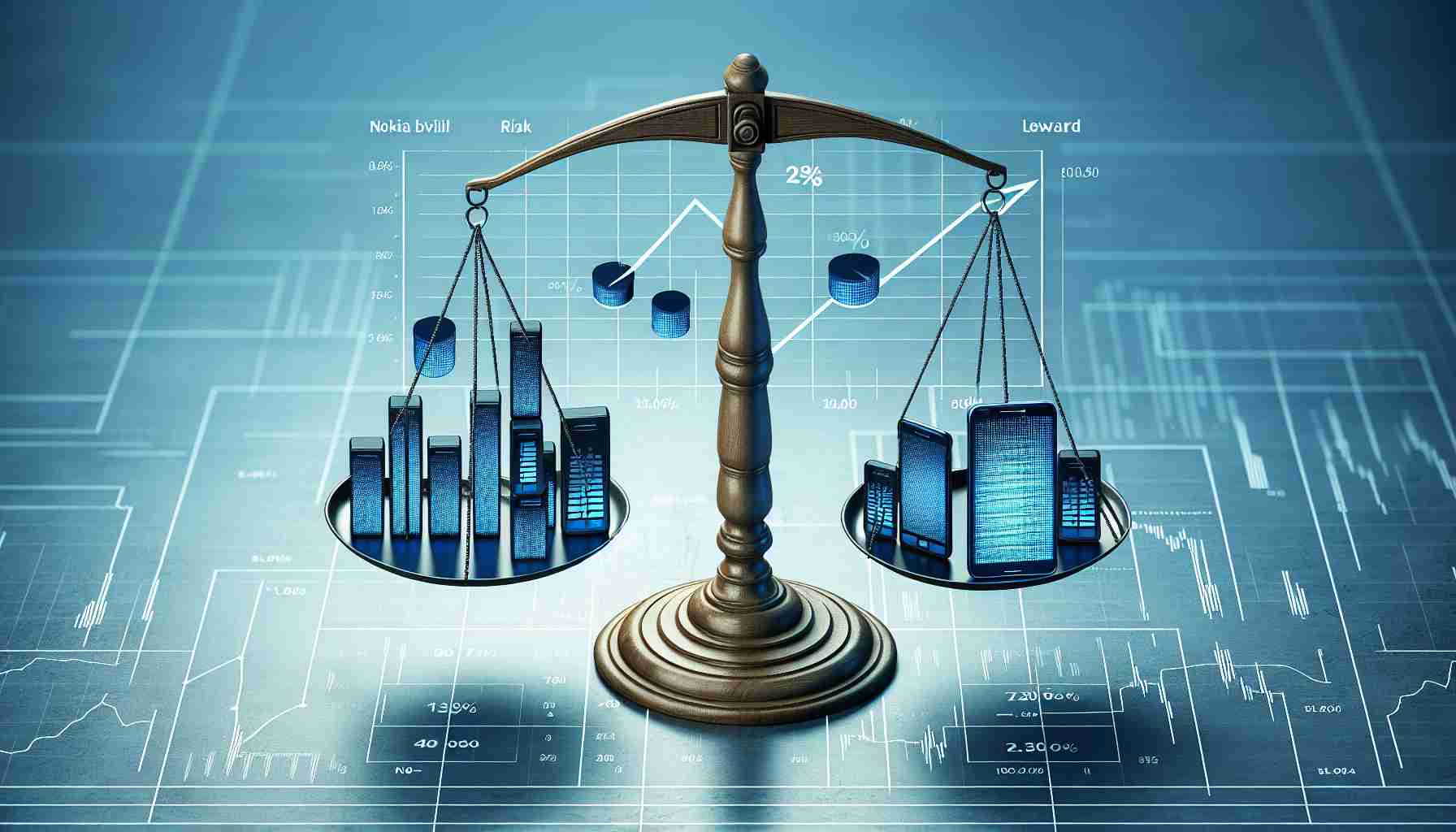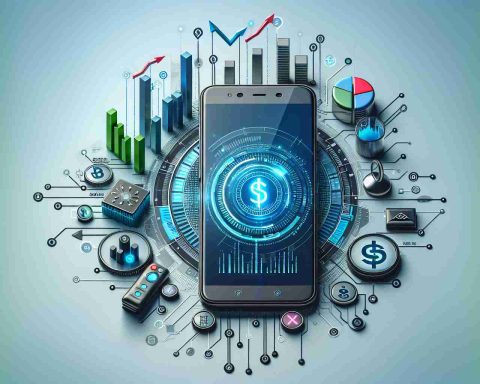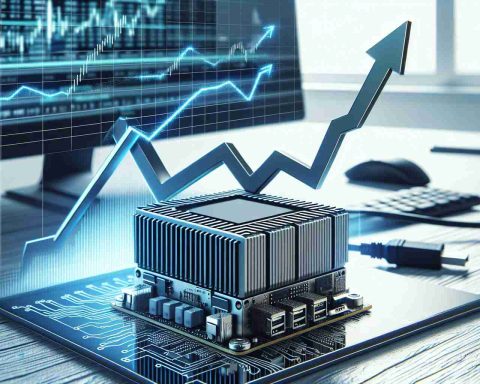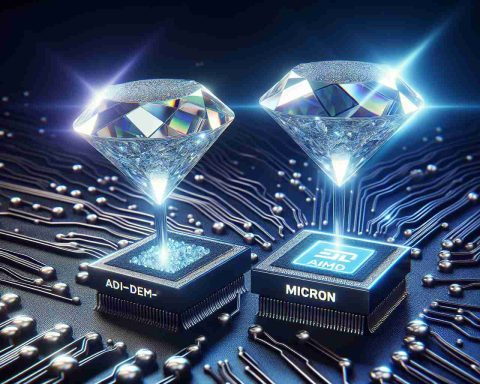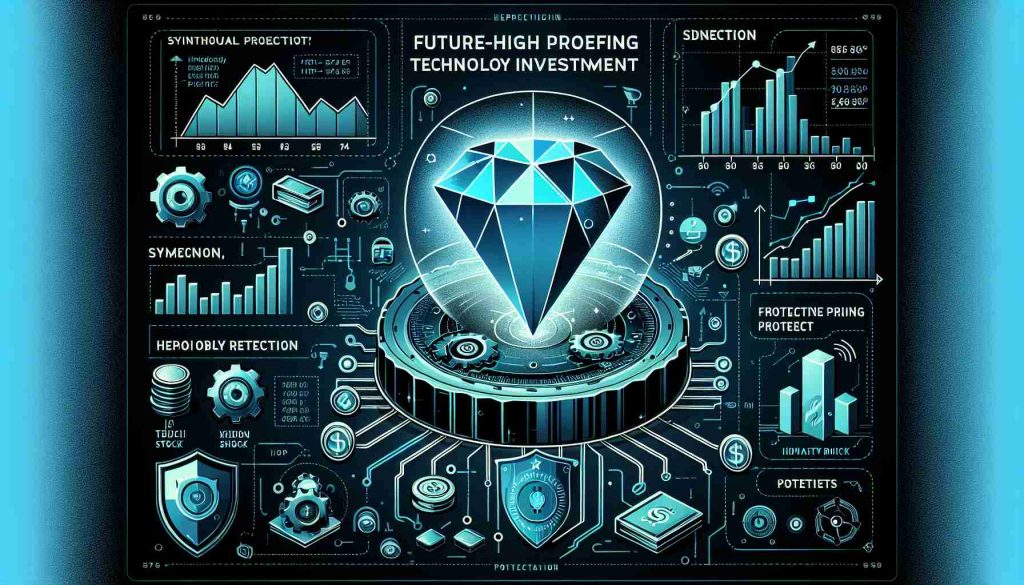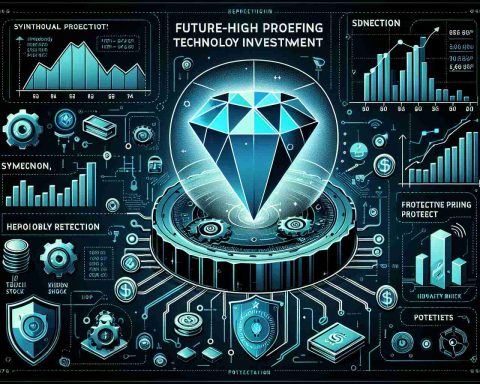In a stunning turn of events, Samsung Electronics saw a dramatic increase in its stock value following an unexpected announcement. The tech juggernaut revealed plans to repurchase approximately 10 trillion South Korean won (around $7.19 billion) worth of its shares over the coming year, catapulting investor interest to new heights.
Market Response: The announcement sparked a 7% rise in Samsung’s share prices on the Seoul stock exchange this Monday. This surge follows a previous leap of 7.21% last Friday, as news spread that Samsung had tentatively resolved a major industrial dispute with its largest workers’ union, ending a strike initiated in July.
Strategic Moves: The company’s last buyback initiative was in November 2017. Per regulatory disclosures, Samsung plans to acquire 3 trillion won worth of shares over the next three months, which will then be canceled. The remaining 7 trillion won buyback will be executed based on strategic decisions by the Board to bolster shareholder value through controlled use of treasury shares.
Challenges Ahead: Despite this optimistic shift in investor sentiment, challenges remain. Samsung’s shares previously hit a four-year low on November 15 due to underwhelming profit forecasts and economic uncertainty tethered to the international trade climate. Moreover, Samsung appears to be trailing behind rival SK Hynix in delivering high bandwidth memory (HBM) chips, critical for driving AI performance.
Market Competition: SK Hynix has emerged as a front-runner, recently becoming the first in the industry to supply Nvidia with advanced HBM3E chips, underscoring the fierce competition Samsung faces in this high-stakes arena.
Samsung’s Bold Stock Buyback: A Game Changer or Strategic Gamble?
Samsung Electronics’ latest announcement has taken the financial world by storm. The announcement of a substantial share buyback led to a sharp rise in its stock prices, but what does this mean for the company and its stakeholders? Beyond the immediate financial implications, this decision affects not only Samsung but also extends its impact to communities and broader economic landscapes.
Implications for Investors and Shareholders
This decision by Samsung to buy back over 10 trillion won worth of shares signifies a commitment to boost shareholder value. For investors, this buyback is a promising sign, as it suggests confidence from the company in its own financial health. Historically, stock repurchases can lead to a rise in stock prices since they reduce the number of shares available in the market, increasing the value of the remaining shares. For shareholders, this can mean higher returns on their investments and perhaps a more stable stock market position amid recent volatility.
However, the nature of buybacks can be contentious. Critics often argue that companies should instead reinvest profits into other areas, like research and development or employee wages, particularly in sectors like technology, where innovation is key to long-term success.
Impact on Community and Workforce
For communities directly connected to Samsung’s operations, such initiatives could have a mixed impact. On one hand, the end of the industrial dispute and the resolution with the workers’ union suggest better working conditions, potentially leading to improved community relations and economic benefits in regions where Samsung operates.
Nevertheless, the focus on enhancing shareholder value might divert attention and resources from other community-benefiting initiatives such as local job creation or sustainability projects. This could lead to criticisms regarding corporate social responsibility.
Technological Race and Economic Implications
From a technological standpoint, Samsung’s challenge lies in keeping pace with rivals like SK Hynix, in delivering high bandwidth memory (HBM) chips. Samsung’s delay in matching SK Hynix’s advancement in supplying Nvidia with HBM3E chips highlights the importance of staying ahead in tech innovations. In the AI sector, where speed and efficiency are critical, the company’s technological positioning affects global markets dependent on AI advancements.
Moreover, economic uncertainty, exacerbated by international trade tensions, posits another layer of complexity. There’s a critical question of whether the buyback is a strategic move to reassure markets or a gamble if Samsung cannot catch up technologically.
Advantages and Disadvantages
While stock buybacks portray a company’s confidence, they also pose risks if they lead to underinvestment in core business areas. The long-term success of Samsung’s decision depends on how well they manage these investments versus the need to innovate and remain competitive.
Advantages include:
– Immediate boost in stock value.
– Increased shareholder confidence and potential profits.
– Perceived financial health of the corporation.
Disadvantages may involve:
– Potential shortfall in innovation funding.
– Criticism for focusing on market performance over tangible community/employee benefits.
– Risk if competitors outpace in technological advancements.
Considering Stakeholder Interests
Should Samsung prioritize shareholder returns over reinvestment in growth? It’s a delicate balance. While the financial health of the company is paramount, long-term growth often depends on strategic reinvestment in technology and workforce.
Overall, Samsung’s strategy will require careful navigation to ensure it capitalizes on market opportunities without compromising future growth capacities.
For more news and insights on Samsung Electronics, you can explore Samsung Electronics or visit reputable financial and tech analysis sites like Financial Times and TechCrunch.

